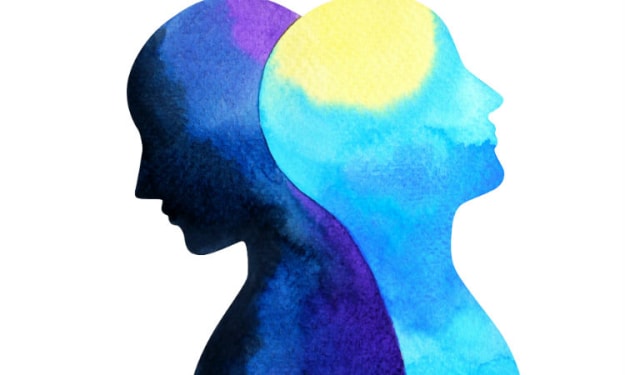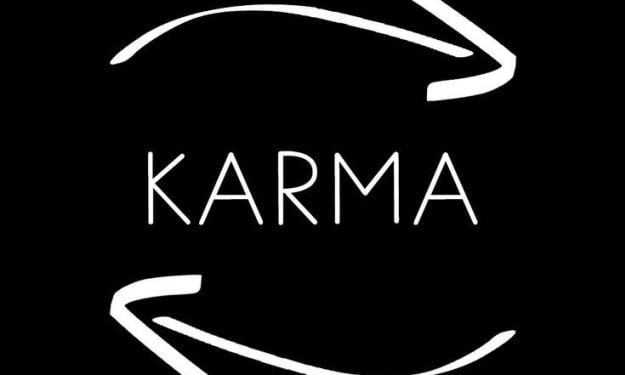
Acceptance is the phase that takes the most effort. And by that I mean, you've really got to work at it. It doesn't come naturally. For me, the acceptance came when I finally had to name my experience. That was the single step that started the journey. Saying it that single time emboldened me to take action over what I could do in the aftermath.
Taking the initiative to get into counseling was next, and it was almost as difficult as accepting I needed to go in the first place. It took a few rejections before I found a place that would help me, free of charge. Not only did they offer therapy, they had a trauma class as well. To be honest, I think the trauma class made the single biggest impact in my mental/emotional recovery.
Understanding what was happening internally allowed me to realize my out of control feelings were, in fact, sane. I wasn't going crazy. I was having a completely normal reaction to an abnormal life occurrence. I began to learn all about the complex brain systems that were very much in control of mind right now—and started to comprehend the fact that my brain and my mind were truly different things.
My brain was having a hormonal reaction—one that began with the first fight, flight, or freeze response at the onset of my attack, and was being repeated continuously in cycles. It was a survival response, a heightened awareness of sensory input, all designed to keep me safe. I learned something else—that my memory of the event wasn't fully integrated into my brain. Due to the way trauma is processed at the moment it happens, narrative memory is very rarely stored. This is a full, in depth lesson for another time. For now, though, an overview will suffice.
Accepting this was a stage that I would have to live with for a while allowed me to stop fighting it. It also gave me permission to drop the "always positive" mantra that is so popular in survivor circles. I was able to accept that being in a panic, that being hyper vigilant, was just how I was going to be for now. That allowed me to make the best of the situation, to see what I could actively do to make the moment better. The things I could take control of, I decided to take control of. First, I started to make myself feel safer. We installed a security system in the house—on every door and every single window. I bought a gun. I slept better.
Accepting also allowed me to start telling my story. It allowed me to feel comfortable talking about what happened to me. It was in the past, I was starting to integrate it into my history, and that lessened it's grasp on my present. Every time I talked about it, it got a little less scary. Every time I talked about, I thought about it less on my own time. Eventually, I became empowered enough to share my story very publicly, and out my attackers. This fueled the growth even more—the world finally heard my truth. If nothing else, I had taken the furthest action possible to protect other women from those men.
To me, that was the paramount moment. I faced all of my fears of retaliation. I silenced the little voice in my head that kept questioning my narrative, that kept wanting to find the blame in myself. I stood up for myself and other women. I accepted the whole truth of this situation—yes, I was raped, yes, it was terrible, yes, I had been a victim. But now, I was in control. I could once again take direction of my own life. I was no longer subjected to their tyranny, or to the impulse of my primal brain. And this all started with acceptance.
Certainly, it wasn't as simplistic as just waking up one day and accepting all of this as my new life. There were very concrete, practical steps that I took to integrate this reality into my daily consciousness. I have every intention to share those at some point, but before we dive too deep, remember this is just an overview of my experiences in this past year of recovery.
Moving through acceptance was the most difficult phase, but lasted only a few months. It was a time of habit forming, deep thinking, lots of reading, and developing intentionality in my self care. As I worked to understand myself, and my trauma brain, I learned how to treat it properly and how to assist in it's healing. It became my ally rather than my enemy. This was a beautiful time of hope. That hope pushed me farther to the next stage of my journey, where I'm at now—advocacy.
About the Creator
McKenna Kline
Assault survivor, advocate, community educator, mother, believer in human potential, curating a "joyful participation in a world of sorrows"






Comments
There are no comments for this story
Be the first to respond and start the conversation.